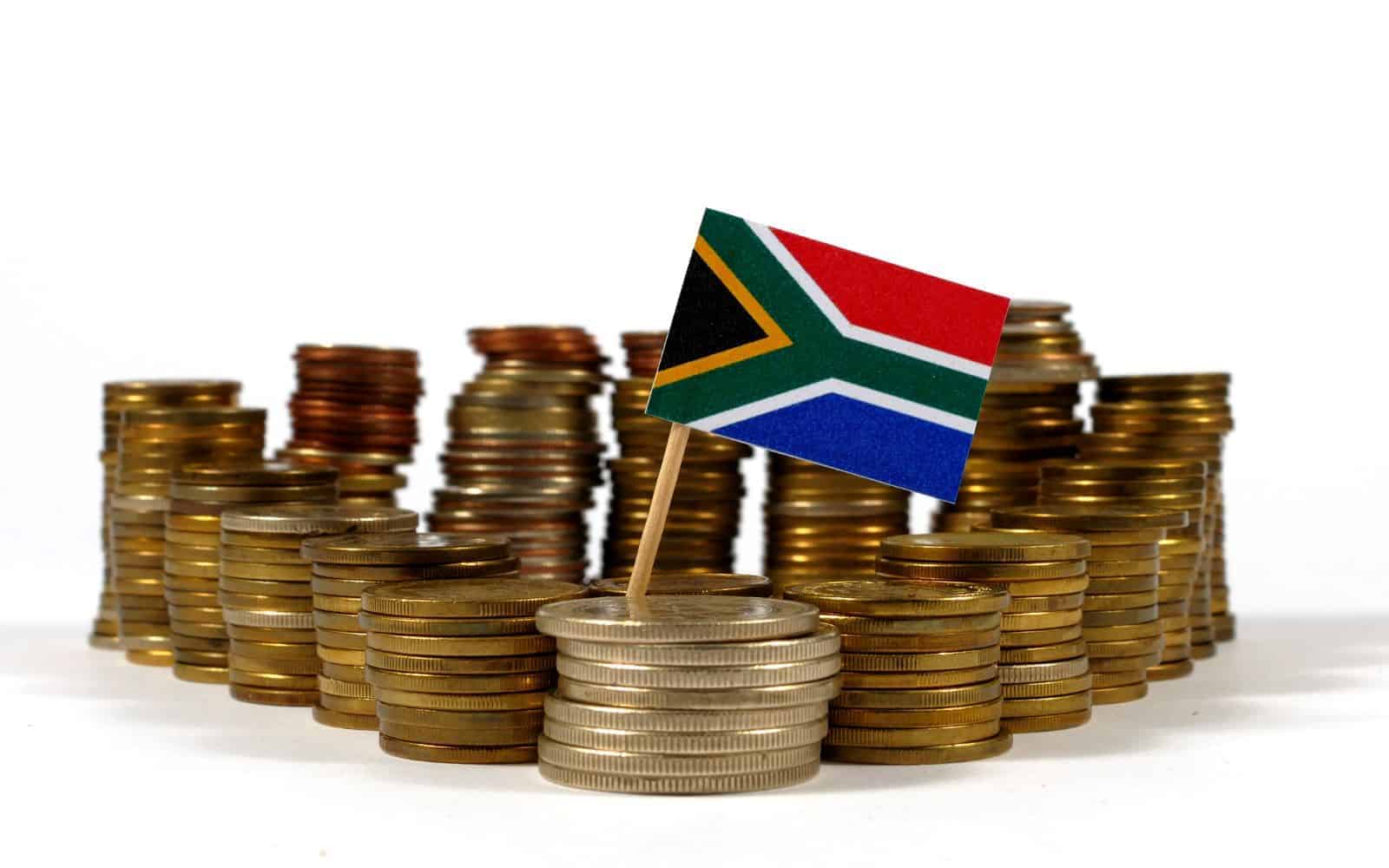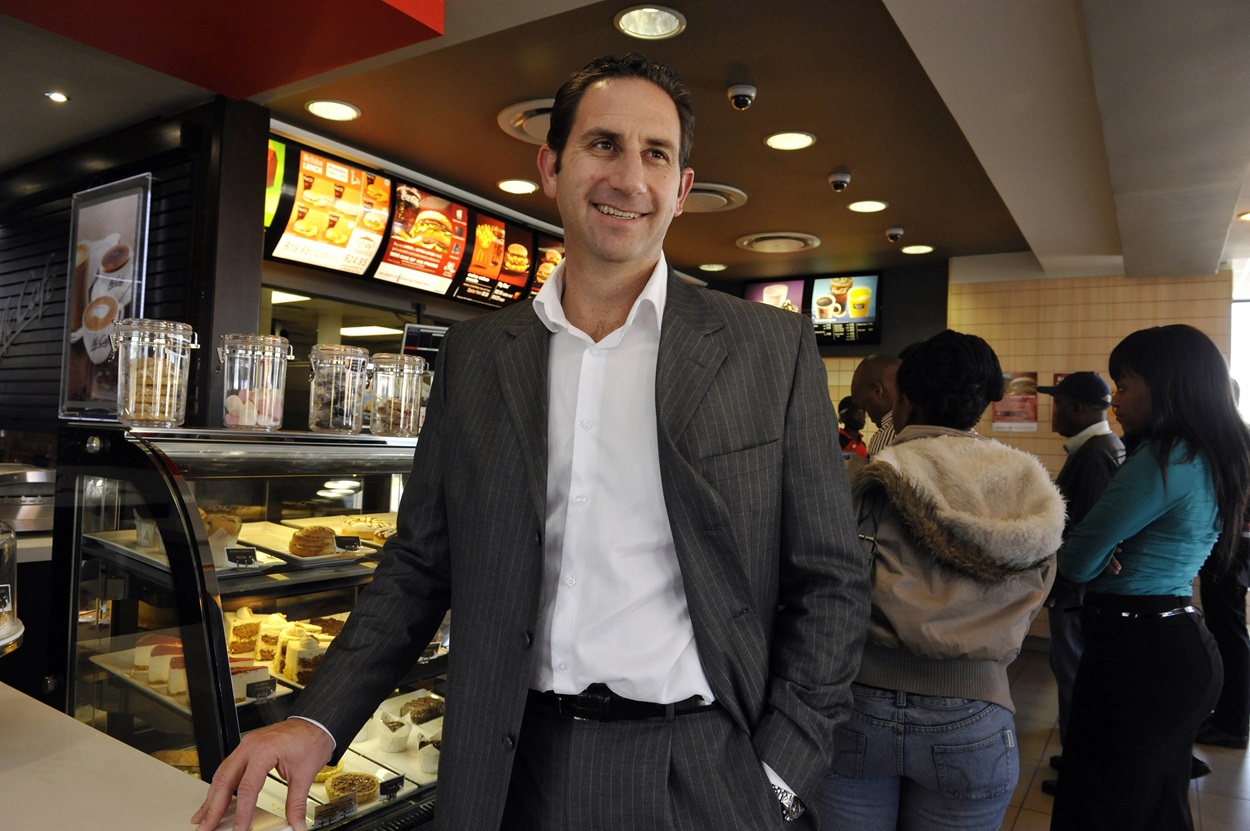Driven by long-anticipated growth, Gauteng—the country’s largest housing market—has been making headlines in recent months, and there’s good reason for it.�
Over the past six months, there has been a renewed sense of optimism in the region, largely driven by affordability, value for money and more buyers relocating to South Africa’s economic hub in search of employment prospects.�
In terms of value for money, and when compared to the national frontrunner the Western Cape, Gauteng remains notably more affordable. Data from ooba Home Loans highlights a stark contrast: Gauteng South & East registered an average purchase price of R1.22 million, significantly lower than the Western Cape’s R2.29 million.�
PRICE WATCH: Buy your Coca-Cola at this SA supermarket this week
Meanwhile, Johannesburg and Tshwane reported slightly higher averages of R1.62 million and R1.64 million, respectively.
Unpacking Regional Performance
Gauteng’s property market has shown modest yet encouraging growth in recent months, signalling what could be the beginning of a broader recovery.
As of March 2024, the province recorded a 0.7% year-on-year increase in residential property prices. Looking ahead, FNB’s House Price Index (HPI) forecasts an average growth of 1.7% in 2025 and 3% in 2026, suggesting a gradual but steady rebound.
Among Gauteng’s top-performing regions, Tshwane stands out as a consistent leader, with a remarkable 13.4% increase in average purchase prices between December 2023 and January 2024. Much of this demand is driven by first-time homebuyers, a trend expected to strengthen as interest rates decline and affordability improves.
BUSINESS INSIGHTS: Companies Act amendments on share buybacks and MOI changes
Our team is also seeing more demand for properties in Johannesburg across all categories and we expect this to accelerate as interest rates drop.
A First-Time Homebuyer’s Haven
With some of the most affordable property prices in the country, Johannesburg presents a wealth of investment opportunities for first-time buyers eager to enter the market but unable to purchase properties in pricier regions.
Buyers in Johannesburg have the flexibility to pursue various investment strategies. Some may take advantage of declining interest rates to buy an investment property while continuing to rent elsewhere—a practice commonly known as ‘rentvesting’.�
Looking Ahead
Amongst our peers and within our own insights, there is strong optimism in this property market over the next three to five years.�
SIX Durban markets to visit this weekend
We anticipate steady growth across all segments, from entry-level investments and first-time buyers to the mid-market range of R2 million and above.�
Interestingly, even Johannesburg’s luxury property sector is showing signs of renewed confidence, with increased market activity and rising prices.














